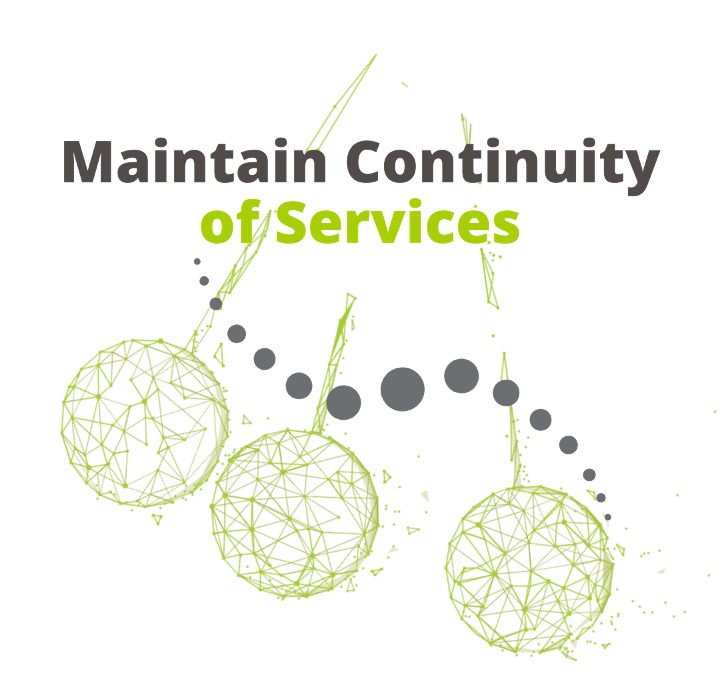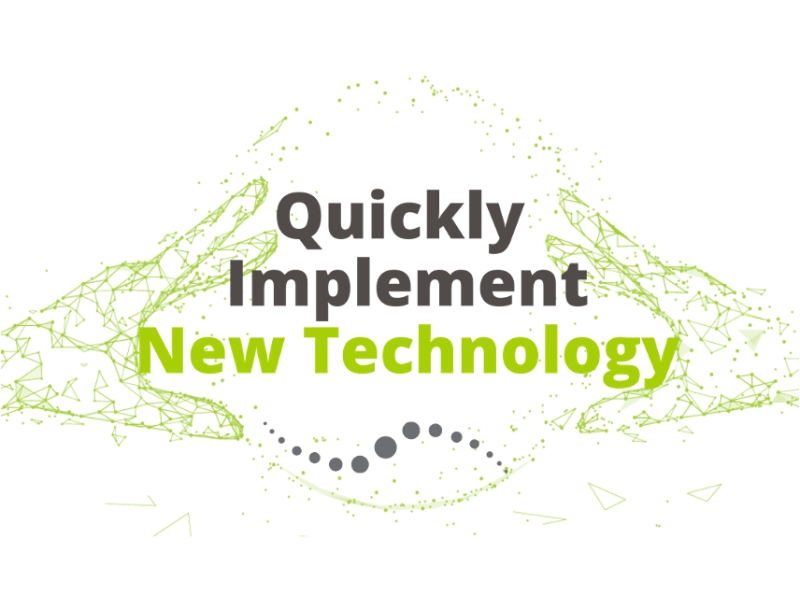Client Portal Login
Where are you?

IT has become a critical tool for businesses to run successfully but is not necessarily the reason they exist.
With finite financial resources, and managers who have limited time and attention, outsourcing can help you direct the efforts of your resources to critical strategic activities and customer care.
Outsourcing converts fixed IT costs into variable costs, enabling effective budgeting. Only paying for what you use, when you need it, makes outsourcing a smart financial choice for mid-size organisations.
The cost of ownership to implement a Service Desk, tooling, monitoring, alerting and ITIL skills in an IT Department can be prohibitive, and can be difficult to manage. An outsource model means all those costs are absorbed by the service provider and all the tools and methodologies are configured to best practice standards.


Organisations that try to run an in-house IT department themselves can have much longer research, development, and implementation timeframes.
Increased costs and time-to-market delays have a big impact on the ability to be competitive, and ultimately affect the customer experience.
Hiring and training IT staff is time consuming and very expensive. Outsourcing lets you focus your human resources where you need them most, and reduces payroll costs related to benefits and employer contributions like training, leave pay etc.
With an outsource partner, you are guaranteed to have the necessary skills at a fraction of the cost of a full IT department.


Organisations often struggle to retain IT personnel. Technical people are motivated by change and innovation, so it is possible that your in-house IT employees may feel stagnant in their positions and look to move after a few years.
Internal staff turnover and taking sick or vacation leave impacts the ability of the business to deliver its services. Outsourcing gives you the peace of mind that there is continuity, eliminates the risk associated with a key-man dependency, as well as obviating the risk of losing valuable IP when a key person leaves the business.
Certifications like Microsoft Certified Systems Engineer (MCSE) are important, but so is experience. An outsource provider has all the necessary skills who regularly expand and update their training, are certified, and have experience to support a multitude of technologies.
Organisations outsource IT because it provides access to a broader range of technical skills, and a larger talent pool. It is not good enough to know how to help users with day-to-day office problems. Your IT services provider, whether insourced or outsourced, must have access to the newest resources, and knowledge of the most recent threats and areas of vulnerability.


Whether a new requirement arises, a service needs priority attention, or a network issue pops up, having a quick response time is critical in ensuring minimised downtime and disruption as well as ensuring that a small anomaly does not cascade into a technological catastrophe.
With a reliable outsource partner, you are assured that any unexpected development that needs attention will be addressed on priority and in the quickest turnaround time, all the time.
A quality outsource partner will have available and skilled resources to start new projects quickly. Handling the same project in-house might involve weeks or months to hire the right people, train them, and provide the support they need.
For most implementations, quality IT companies will have the scale and the experience to accelerate delivery, saving time and money.


With day-to-day operations taking the most effort, limited skills mean that innovation is generally awarded the least amount of attention, when it should be a key focus area.
Outsourcing IT enables your resources to spend time on the activities that will lead to the growth and success of your business.
Having access to a CTO advisory service enables your business to look beyond the break fix, day-to-day operations, allowing you to use technology to innovate and power your key business objectives.





